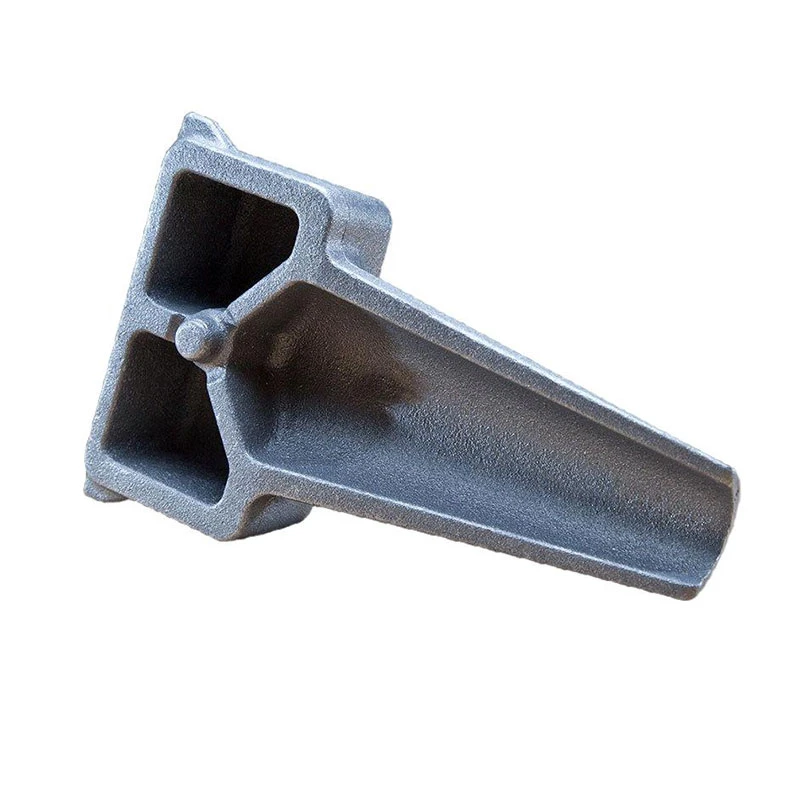Precision Casting Solutions for All Your Investment Needs in Manufacturing
Investment Casting Company Revolutionizing Precision Manufacturing
Investment casting, also known as lost-wax casting, has emerged as one of the most effective methods for producing complex metal components with exceptional precision. This innovative technique, which has been used for centuries, has found renewed relevance in various industries due to the increasing demand for intricate designs and high-quality finishes. An investment casting company plays a pivotal role in advancing this remarkable manufacturing process, serving a diverse range of sectors, including aerospace, automotive, medical, and more.
The investment casting process begins with the creation of a wax pattern, typically made from a high-quality wax material. This pattern is an exact replica of the final product and is used to create a mold. The wax pattern is surrounded by a ceramic shell, which is formed by applying multiple layers of a fine ceramic slurry to the pattern. After the shell hardens, the wax is melted away, leaving a detailed mold that captures even the finest features of the original design. This process is particularly advantageous for creating intricate geometries that would be difficult or impossible to achieve with traditional machining methods.
One significant benefit of working with an investment casting company is the ability to produce high-quality components while minimizing material waste
. Since the process produces near-net shapes, there is less need for additional machining and finishing, ultimately reducing production costs and time. This efficiency is especially vital for industries where precision and reliability are non-negotiable, such as aerospace and medical device manufacturing.Furthermore, investment casting allows for a wide variety of metals and alloys to be used, including stainless steel, carbon steel, bronze, and even high-temperature superalloys. This versatility enables manufacturers to select materials based on end-use requirements, ensuring that components can withstand the specific conditions they will face in their operational environments. For example, aerospace components must be lightweight yet strong, while medical devices require materials that are biocompatible and resistant to corrosion.
investment casting company

An investment casting company also prioritizes innovation and continuous improvement. State-of-the-art technologies such as 3D printing are being integrated into the investment casting process, allowing for rapid prototyping and more efficient mold production. This amalgamation of traditional and modern techniques ensures that companies can meet fast-paced market demands while maintaining high standards of quality and precision.
Quality assurance is another critical aspect of an investment casting company’s operations. Rigorous testing and inspection protocols are implemented throughout the production process to ensure that each component meets the required specifications. Non-destructive testing methods, such as X-ray inspection and ultrasonic testing, are frequently employed to detect any internal defects without compromising the integrity of the parts.
Collaboration with clients is essential for investment casting companies. Understanding the specific needs and challenges faced by clients enables these companies to provide tailored solutions that enhance product performance. This collaborative approach often leads to long-term partnerships that foster innovation and drive mutual growth.
In conclusion, an investment casting company embodies the future of precision manufacturing. Through advanced techniques, a commitment to quality, and a focus on client collaboration, these companies are not only meeting the demands of today’s industries but are also setting the stage for further advancements in manufacturing technology. As industries continue to evolve, the role of investment casting will only become more significant, marked by the relentless pursuit of excellence and innovation. By choosing an investment casting approach, businesses gain a competitive edge, ensuring that they can deliver high-quality products that meet the rigorous demands of their respective markets.
-
OEM Sand Cast Pump Valve Fittings - Baoding Hairun | Precision Engineering, CustomizableNewsJul.30,2025
-
OEM Sand Cast Pump Valve Fittings - Baoding Hairun Machinery And Equipment Trading Co., Ltd.NewsJul.30,2025
-
OEM Sand Cast Pump Valve Fittings - Baoding Hairun Machinery And Equipment Trading Co., Ltd.NewsJul.30,2025
-
OEM Sand Cast Pump Valve Fittings - Baoding Hairun Machinery|Precision Engineering&Fluid ControlNewsJul.30,2025
-
OEM Sand Cast Pump Valve Fittings - Baoding Hairun Machinery And Equipment Trading Co., Ltd.NewsJul.30,2025
-
OEM Sand Cast Pump Valve Fittings-Baoding Hairun Machinery And Equipment Trading Co., Ltd.NewsJul.30,2025















